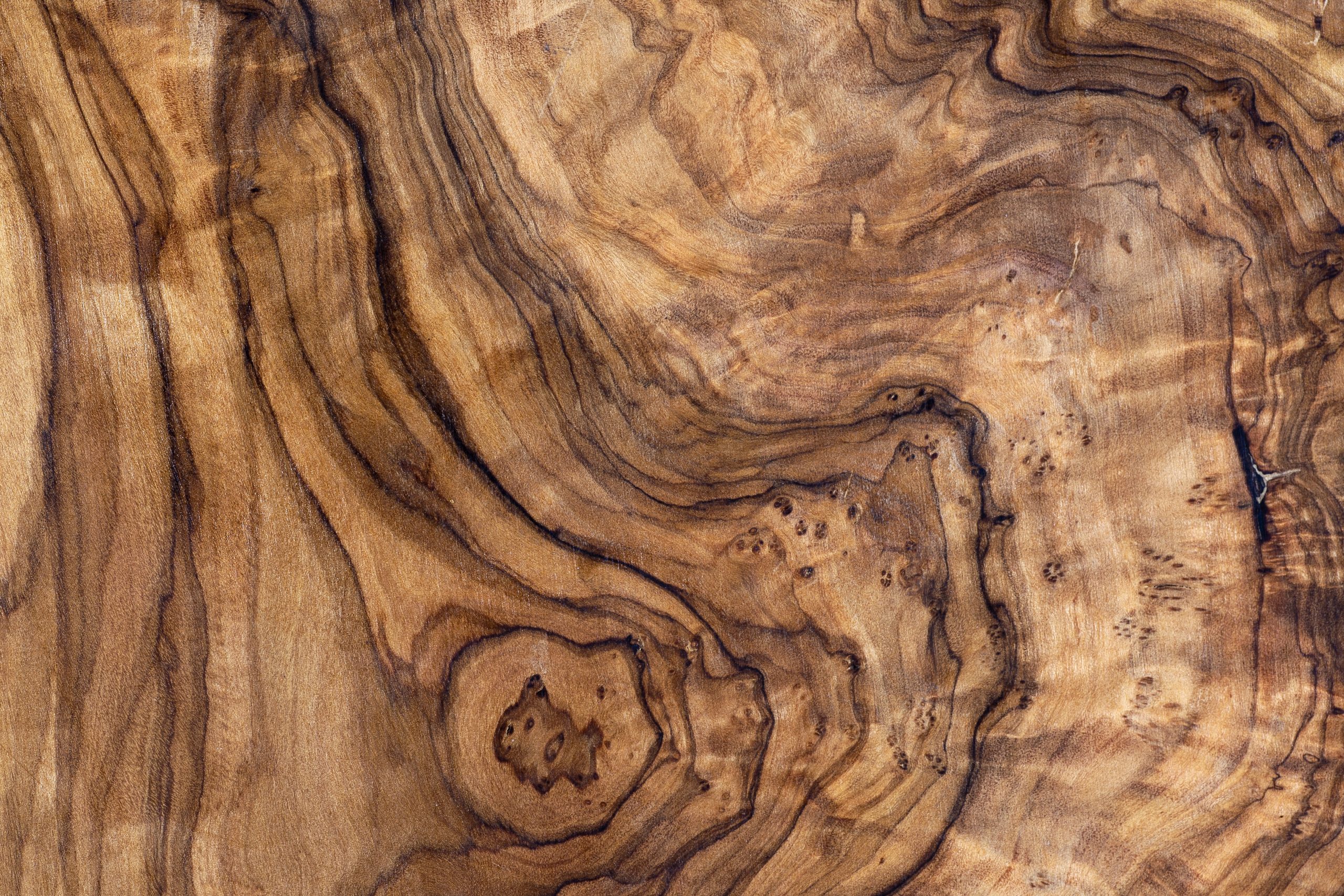I am a trustee of a trust which owns a property which is rented out. My aunt has the right to receive the income and, on her death, the capital passes to my cousins. How do we meet the costs of maintaining and improving the property?
The trust is a ‘life interest’ trust and the trustees have a duty to balance the interests of the life tenant (your aunt) against those of the residuary beneficiaries (your cousins). In practice, this is not easy because they have conflicting interests. However, it is important that trust expenses are allocated correctly.
The default position is that the costs of upkeep and maintenance of the property should be met from income. Those costs would include decorating, re-carpeting, repairing the roof, etc. However, the costs of capital improvements should be met from capital. Those would include extending the kitchen, adding a new basement or loft, and any other major building works which are more than upkeep and maintenance. In practice there is often a grey area between what is an “income cost” and what is a “capital cost”.
The problem you have is that the trust only generates income which is due to your aunt. Therefore, there are no capital funds available if the trustees wish to carry out improvements. A common solution is for the trustees to take out a mortgage or for capital costs to be funded from income and a debt shown in the capital account (owed to the income account) of the amount borrowed, but there could be alternatives depending on the property; for example, part of the garden or a car parking space could be sold to raise capital.
The good news is that most modern trust deeds override the default position and allow trustees to use income to fund capital improvements. Wedlake Bell prepare trust deeds in this way. However, you cannot assume that this will be so in other cases. It is therefore important to seek professional advice before incurring anymajor trust expenses.






